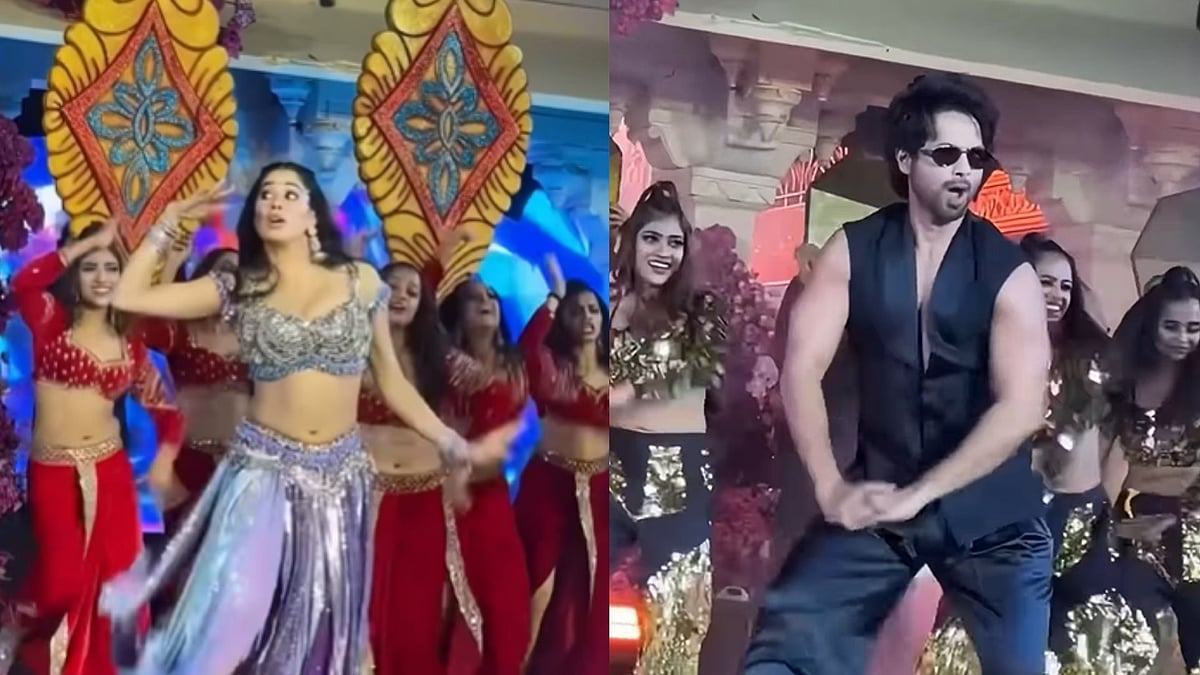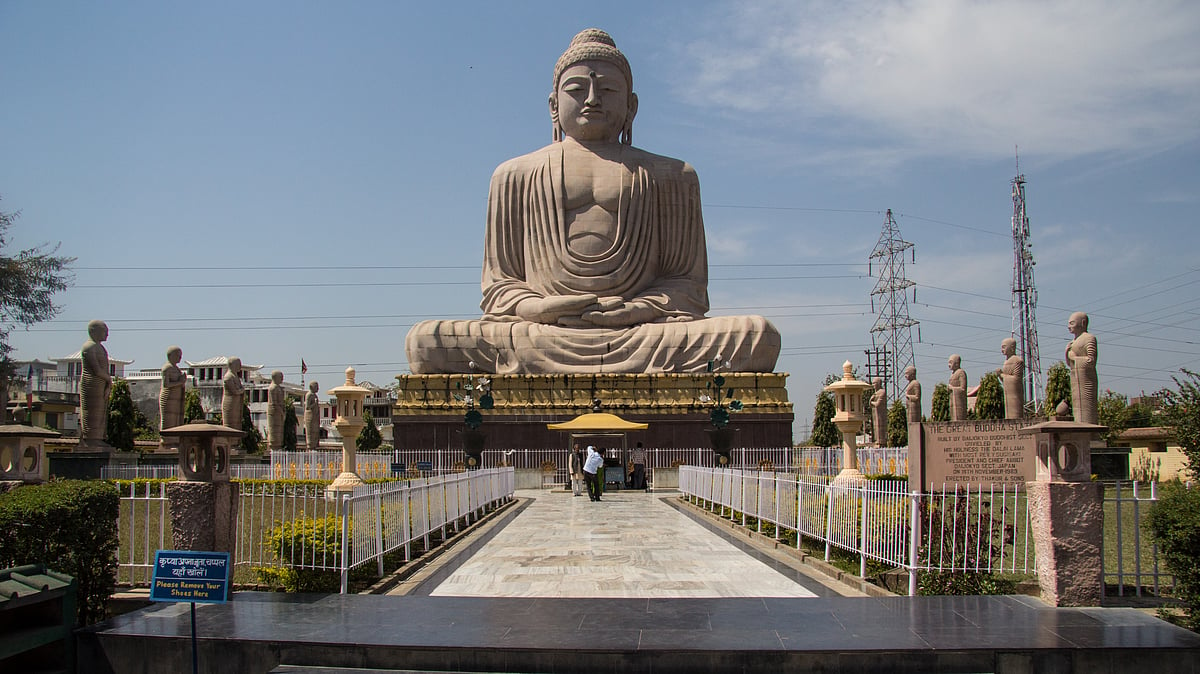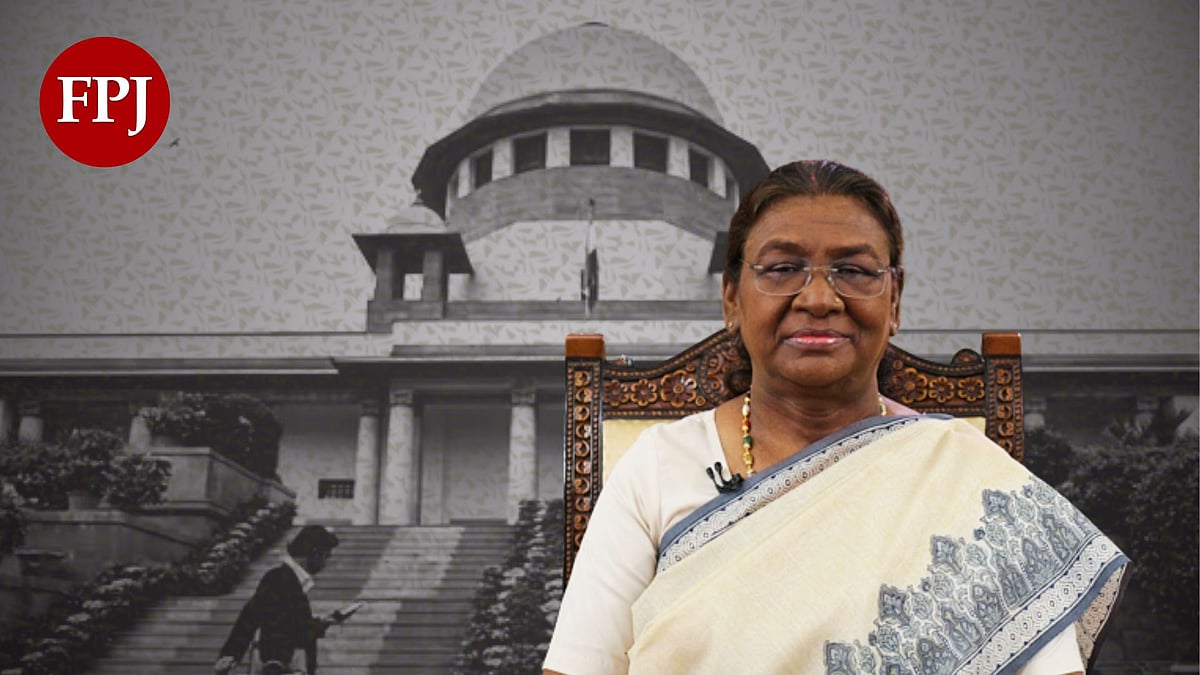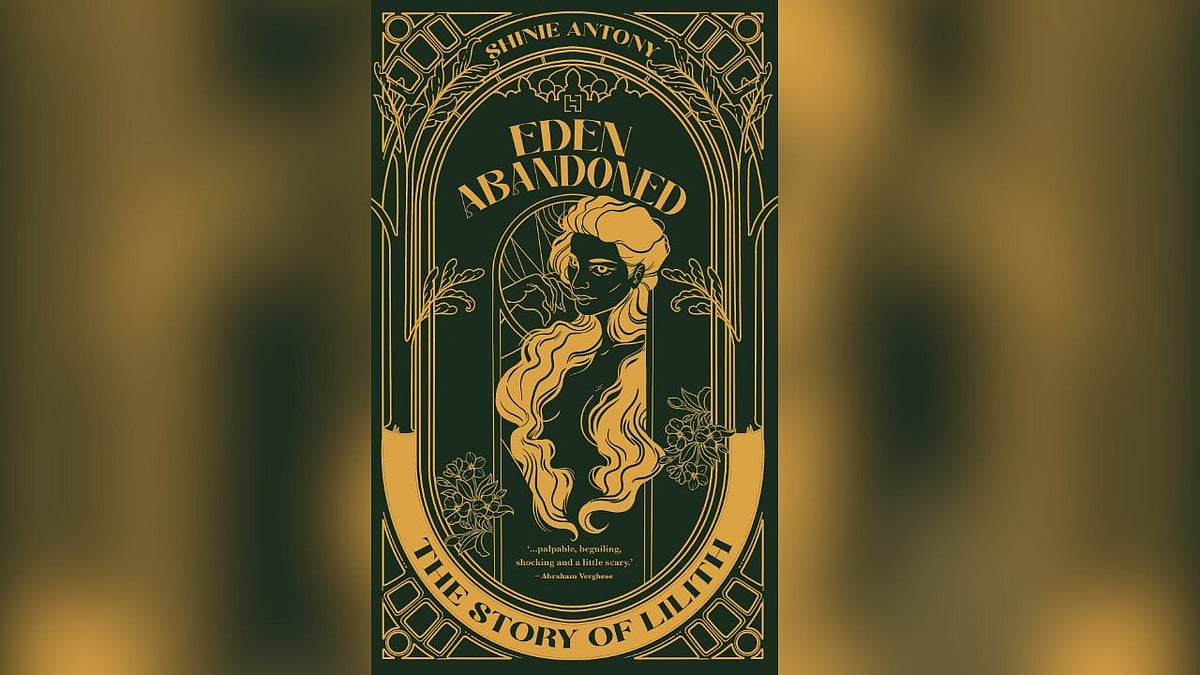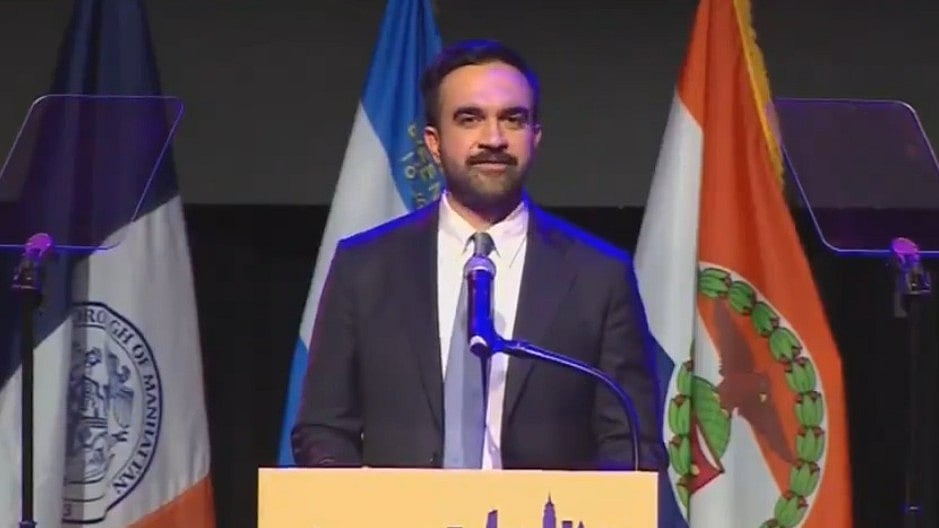'Suicide or murder?’ is one of the sober headlines in a case that dominates the front page even two months after the death of Bollywood actor Sushant Singh Rajput. Given the wild speculation in the media however, one is tempted to ask whether the headline is actually about professional suicide by the reporter or the murder of journalistic ethics by his organisation.
Indeed, the coverage of this case is a cocktail of the worst aspects of the Bollywood beat and the crime beat. In the race for TRPs, all is fair, even if news TV has to compete with Netflix crime thrillers.
When the news broke, journalists covering the Hindi film industry said all the predictable things that an outsider would say. Crime reporters dutifully reproduced the police press notes. And these were not some cub reporters, but journalists from the mainstream media, who have spent years on the beat.
There was no way TV anchors who have achieved celebrity status reviewing films, chatting up stars and gossiping about them did not know of the way Sushant was being bullied and belittled by powerful lobbies, how there was a concerted attempt to slander him and the turmoil in his life. These very same journalists are now coming out with conspiracy theories but initially it seemed like a conspiracy of silence on their part.
So, why is it that Bollywood journalists, big and small, sat on the Sushant story till kicked in the butt by social media? The simple answer is that there is no such thing as Bollywood journalism, it is basically a part of the box-office publicity business.
Serious film journalism is distinct from the paparazzi kind. Then there are midway things such as Showtime magazine -- for which I briefly worked -- about the working of the Hindi film and TV industry. Since it wasn’t a publication for film buffs, we got to spend time on the sets with the likes of Aamir Khan and Alok Nath before they became famous.
Even then, there were publicists and secretaries of stars who tried to peddle 'information’. Serious film journalists keep away from this circus, which is why none of them is speaking on the Sushant case.
Working on a story on Hindi film journals of yore, I learnt that most scribes in the sixties were part of the camps of one or the other leading men, almost like court poets. Bollywood is big business today and so is Bollywood journalism but some things haven’t changed. Even the great short-story writer Manto, also a script-writer, was candid about Bombay film personalities only when he left for Lahore after Partition.
If film journalists were hesitant to hunt for the truth in the Sushant case, the crime reporters could have done some sleuthing, instead of treating the police handouts as gospel truth. None of them did any legwork, none of them questioned the police version.
One only has to recall the Priya Rajvansh case. On March 27, 2000, when the actress was found dead in the Juhu bungalow of her late partner Chetan Anand, police said it was suicide, whereas the ligature mark on her neck indicated otherwise. Eventually, the maid and the domestic servant were arrested for strangulating her in a property plot.
So, why did the crime reporters not independently probe the Sushant case? Why did they wait for his father to make all the allegations? Why did they wait for CBI to give them all the dope? And why are they now carrying everything without filtering it?
The simple reason is that there is no crime reporting worth the name, it is only dictation by the cops. The Mumbai crime branch chief holds a 'durbar' in the evening, where selective information is doled out. Such is the fear of offending the cops that any journalist questioning the police version is shouted down by fellow crime reporters.
On lean news days, TV crime reporters beg the crime branch boss for any tidbit of news for the night bulletin; "Sir, aaj ke liye kuch de dijiye na.’’ It is no different from the poor-feeding at the Mahim dargah every Friday. Now, with so many journalists losing their jobs in these times of Covid, it boils down to news-feed or poor-feed.
Crime reporters can also cannibalise their own. Take the J Dey case. When the ace crime reporter was gunned down by the Chhota Rajan gang at Powai in 2011, Mumbai journalists marched to Mantralaya, demanding the arrest of his killers and security for crime reporters. Within a week, the crime branch arrested, among others, fellow crime reporter Jigna Vora for instigating Rajan to kill Dey out of professional rivalry.
The journalists swallowed their pride and the police version, filing unverified stories about Vora based on feeds from the crime branch. Seven years later, when she was released by the high court as the cops could not produce any evidence against her, no one had the decency to apologise to her.
Netflix can look for a thriller plot in the crime reporter fraternity itself. In fact, Vora has written a book on her ordeal.
Coming back to the Sushant case, the amount of vile rubbish being spewed out by TV channels and the misogynistic character assassination of Sushant’s girlfriend Rhea Chakraborty is a straightforward case of yellow journalism. Where is the self-regulation by the media?
And look at the prominence the case gets at a time the nation is grappling with a pandemic, a recession, an undeclared emergency and the threat of war. Four outspoken critics of the saffron alliance were shot dead one after the other but the CBI, the Supreme Court and the state governments did not behave as if the sky was falling. What is so urgent about this case? Why is the media flogging it?
One feels sorry for Sushant’s soul and hope it finds solace some day; this is not the attention he craved for.
Finally, coming to the point; had the Bollywood reporter and the crime reporter worked in tandem and conducted an honest investigation, there would be no need for their publication to hide under the headline, 'Suicide of Murder?’
The writer is an independent journalist based in Mumbai.

